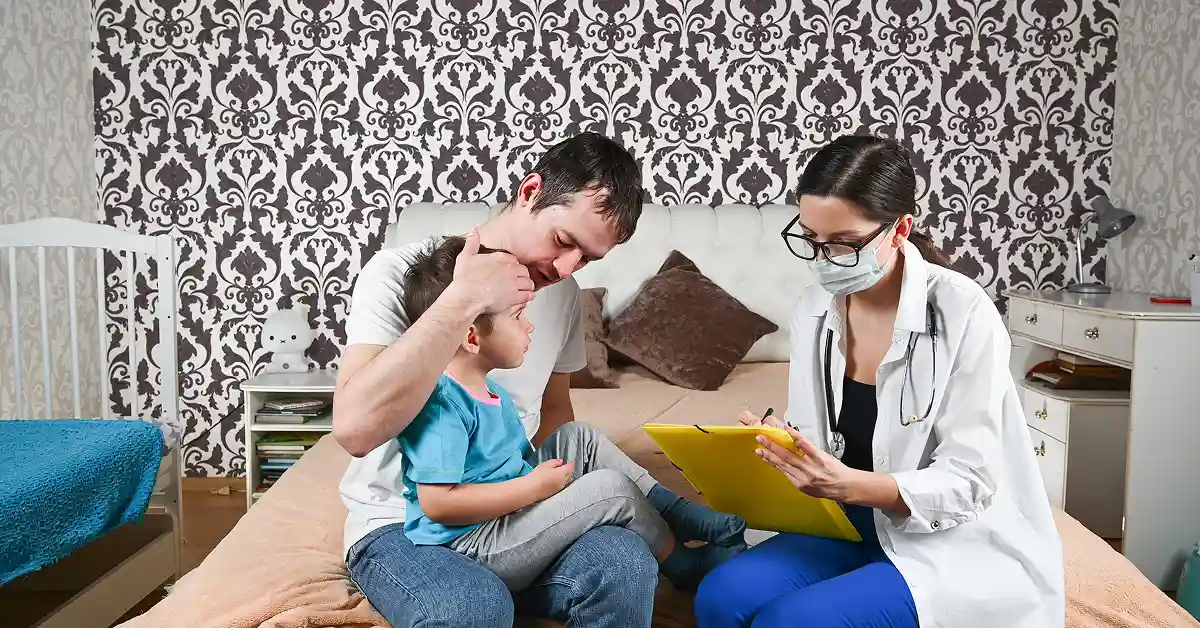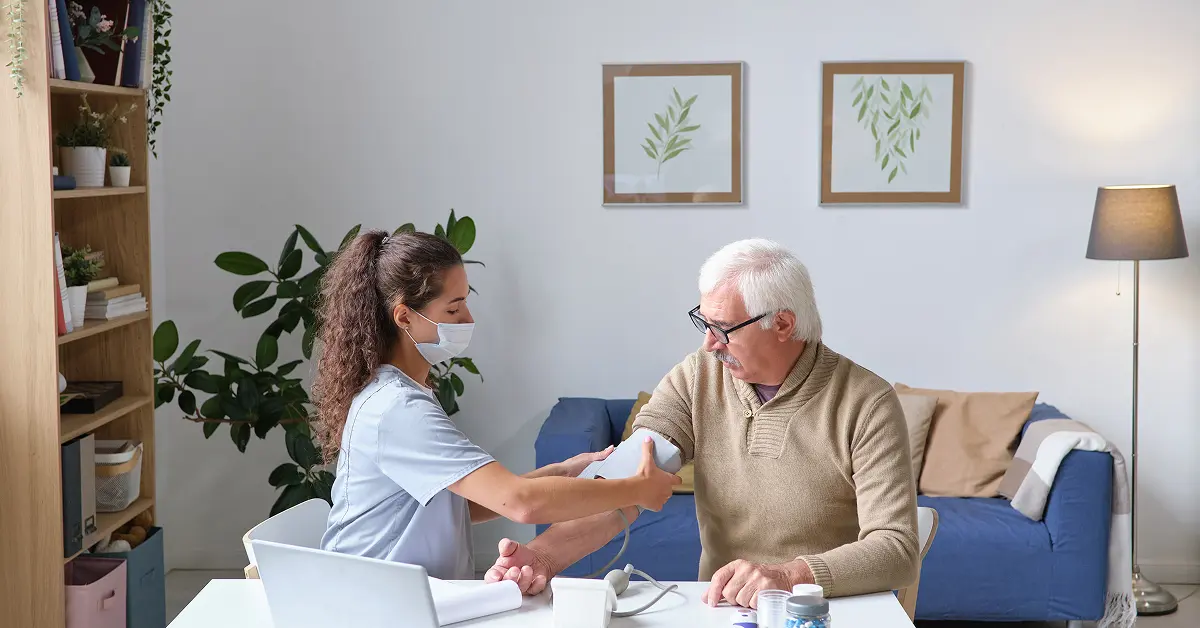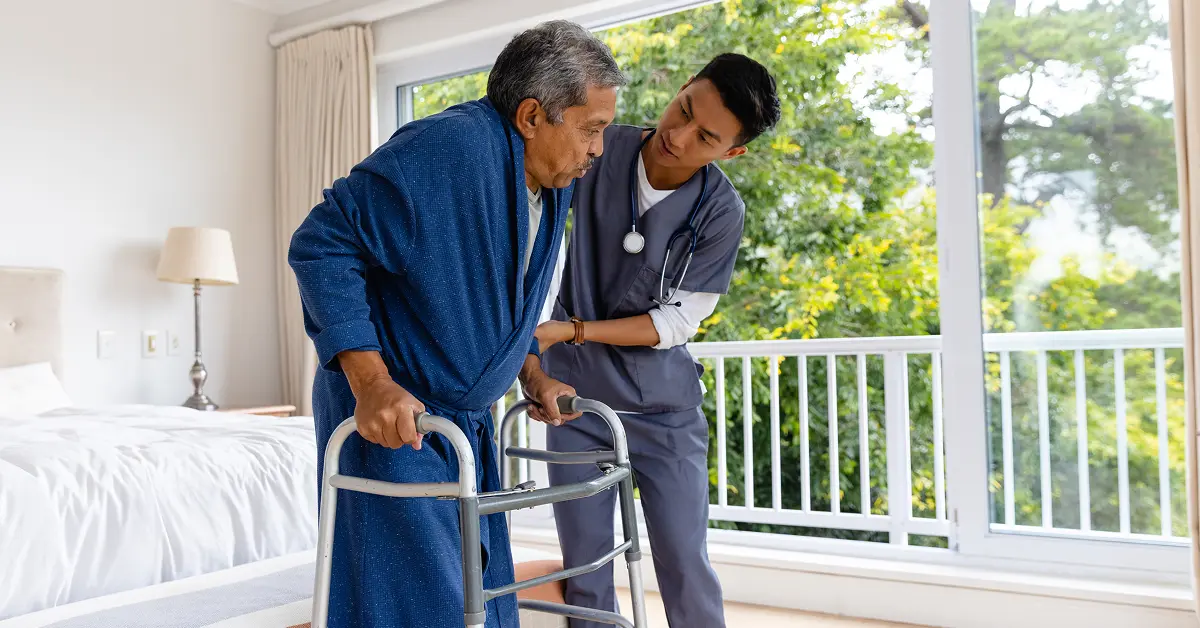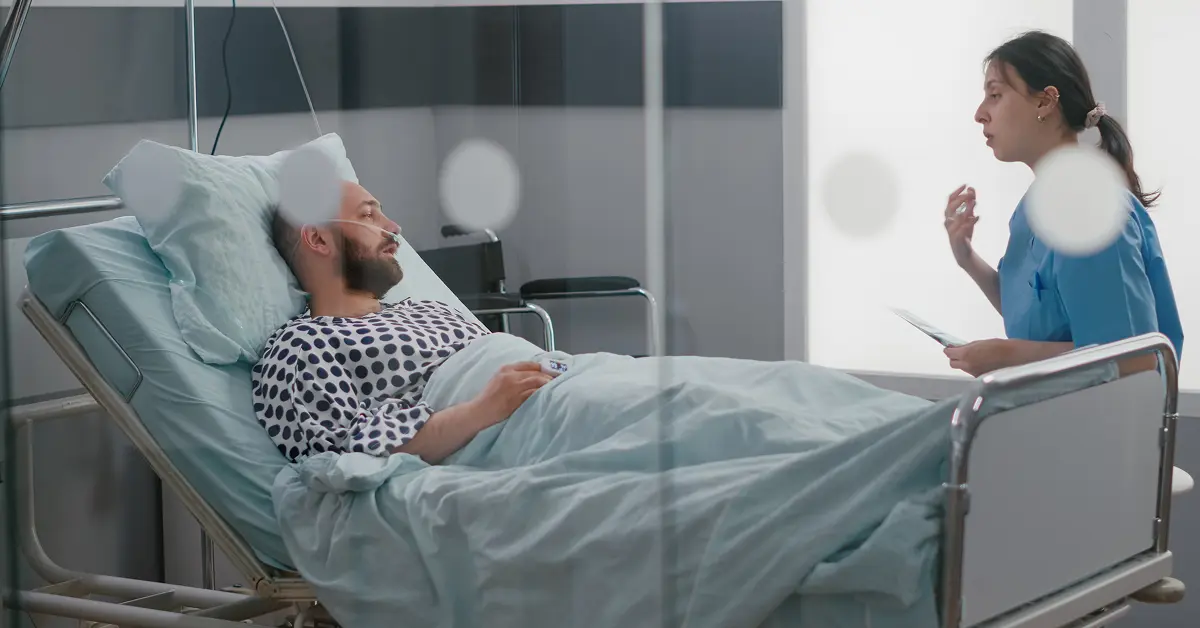When a loved one is discharged from the hospital, the journey to full recovery is far from over. In fact, the period after discharge is critical. Without proper planning and care, many patients—especially the elderly or those with chronic conditions—risk readmission. Effective home recovery requires more than just medication; it involves coordinated support, emotional well-being, and a safe environment. This blog will guide you through practical, step-by-step home recovery planning tips after Hospital Discharge specifically with Indian households in mind.
Understand the Discharge Summary Thoroughly
Before your loved one leaves the hospital, make sure to review and understand the discharge summary provided by the doctor. It usually includes:
- Diagnosis and treatment given
- List of medications prescribed
- Follow-up appointments
- Dietary recommendations
- Physical activity limits
- Warning signs for complications
Tip: Always ask questions if anything is unclear. In India, where multiple family members are often involved in caregiving, ensure at least two people understand the summary well.
Appoint a Primary Caregiver
Having a dedicated caregiver is essential. This could be a family member or a trained home care nurse, depending on the complexity of care required. The primary caregiver must:
- Be available on a daily basis
- Track medication and vital signs
- Ensure follow-up visits are attended
- Communicate with healthcare providers
In metro cities like Mumbai, Bengaluru, and Delhi, professional in-home caregiving services are becoming more accessible. Consider hiring help if you are working full-time or lack medical knowledge.
Prepare the Home for a Safe Environment
Safety at home is crucial, especially for elderly patients or those recovering from surgery. Here’s what you should do:
- Remove clutter and rugs that could cause tripping
- Install grab bars in the bathroom
- Ensure good lighting in hallways and stairs
- Provide a firm bed with accessible height
Tip: In joint family setups, make sure younger kids or pets are supervised around the recovering patient.
Arrange Medication Management
One of the most common reasons for hospital readmission is medication errors. This includes skipped doses, wrong timing, or incorrect combinations. Prevent this by:
- Using pill organizers
- Setting mobile reminders or alarms
- Creating a medication schedule chart
- Hiring a nurse for medication administration (if injections or IVs are required)
Ask your doctor if any of the medicines need to be taken with food or have side effects to watch out for.
Plan Follow-Up Care in Advance
Don’t wait until the last minute to book follow-up appointments. Schedule them while your loved one is still in the hospital, if possible. Some key appointments to arrange:
- Primary doctor or specialist visit
- Physiotherapy or rehabilitation sessions
- Lab tests or imaging (X-rays, scans)
If the hospital is far or travel is difficult, explore teleconsultation options. Many Indian hospitals now offer WhatsApp or app-based doctor follow-ups.
Organise a Nutritious Recovery Diet
Food plays a crucial role in healing. Depending on the patient’s condition, the doctor may advise a special diet. Common recovery diets include:
- High-protein meals for post-surgery patients
- Low-sodium diets for cardiac cases
- Diabetic-friendly meals
Engage a dietician if necessary or use meal planning apps. Indian kitchens are rich in healing ingredients like turmeric, ajwain, ginger, and ghee. Use them wisely in home-cooked meals.
Maintain Hygiene and Infection Control
Infections are a common complication during home recovery. Prevent them by:
- Keeping wounds or surgical sites clean and dry
- Regular handwashing by both patient and caregivers
- Changing bed linen and clothing frequently
- Sanitising frequently touched surfaces
If the patient has a urinary catheter, feeding tube, or IV line, professional nursing care is strongly advised.
Monitor for Warning Signs
Watch out for signs that may indicate a worsening condition or risk of readmission. These could include:
- Sudden fever or chills
- Breathing difficulty
- Unusual swelling or pain
- Vomiting or diarrhoea
- Confusion or extreme fatigue
Keep emergency numbers handy, especially if you live in a semi-urban or rural area with delayed ambulance services.
Include Emotional and Social Support
Recovery isn’t just physical—it’s emotional too. Many patients feel anxious, isolated, or depressed after returning home. Provide emotional care through:
- Regular chats with friends and family
- Encouraging light activities they enjoy (TV, reading, prayer)
- Connecting with spiritual leaders or counsellors
- Celebrating small milestones in recovery
You may also consider support groups, particularly for cancer, stroke, or elderly care.
Maintain a Daily Health Journal
Tracking daily progress helps spot concerns early. Note details such as:
- Temperature and blood pressure
- Appetite and digestion
- Sleep quality
- Mood or behavioral changes
- Exercise or physiotherapy progress
You can use a physical diary or apps like HealthifyMe or Practo to digitise records. This is helpful during doctor visits and can speed up decision-making in emergencies.
Bonus Tip: Use Technology to Your Advantage
In 2025, there's no reason not to utilise digital tools. Here are a few suggestions:
- Health Apps: Track vitals, medicines, and diets
- Wearables: Smartwatches can monitor heart rate, oxygen levels, and step count
- Online Consultations: Save travel time with apps like Apollo 24/7, Tata Health, or Practo
- Emergency Services: Register with a nearby hospital's emergency response team if available
Final Thoughts
The first few weeks after hospital discharge are critical for a full recovery. With proper planning, family involvement, and possibly professional help, most patients recover well in the comfort of their homes. In the Indian context—where family plays a big role—supportive and informed caregiving can significantly reduce hospital readmission and complications.
By following these home recovery planning tips, you can create a safe, healing environment for your loved one and give them the best possible chance at a full, timely recovery.
Contents
- Understand the Discharge Summary Thoroughly
- Appoint a Primary Caregiver
- Prepare the Home for a Safe Environment
- Arrange Medication Management
- Plan Follow-Up Care in Advance
- Organise a Nutritious Recovery Diet
- Maintain Hygiene and Infection Control
- Monitor for Warning Signs
- Include Emotional and Social Support
- Maintain a Daily Health Journal
- Bonus Tip: Use Technology to Your Advantage
- Final Thoughts
Our 24*7 services
Latest Posts
- What Is Respite Care and Why Is It Important
- Affordable home care for senior citizens in India
- Caring for Seniors with Dementia or Alzheimer's at Home
- Senior Caregiving A Guide for Every Family
- How to Write a Caregiver Resume That Gets You Hired
- How Care After Hospital Discharge Speeds Up Recovery at Home
- How to Get Home Health Care for Seniors Through Medicare
- What Does a Senior Citizen Caregiver Really Do at Home
- How to Care for Elderly Parents with Alzheimer’s or Dementia
- How to Get 24-Hour Care for Seniors at Home



